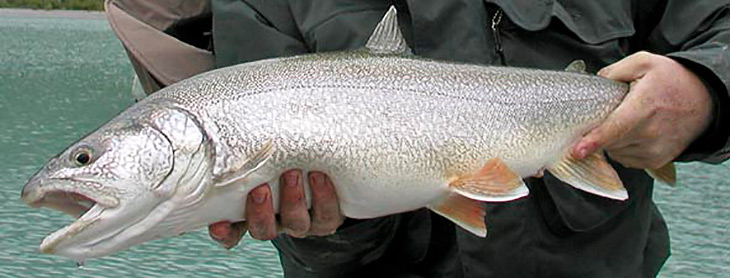
Anglers and hunters need to be extra cautious while recreating in bear country. Because they are often moving quietly, they are at higher risk of surprising bears while they are in the field. Hunters, especially, must take special care to avoid potentially dangerous confrontations with bears while they are dressing game.
Always carry and use bear spray as the first line of defence – even if you’re carrying a gun. If you come across a bear while hunting other game, make every attempt to resolve the situation non-lethally. Shooting at a bear often kills or wounds an innocent animal, and a wounded bear may become aggressive.
Although common sense might suggest that guns would provide greater personal protection than bear spray, research and experience indicate the opposite is true. Human-bear encounters involving firearms are more likely to result in injury to humans and bears. The evidence suggests that law enforcement agents and experienced hunters who use firearms to defend themselves suffer injury about 50 per cent of the time, while people defending themselves with bear spray escape injury most of the time and the injuries that occur are less severe (Herrero 2002, U.S. Fish and Wildlife Service 2005).
Once you have killed your game, remove the carcass as quickly as possible from the site and let others in the area know there is game residue present. If you have to leave a game carcass over night, use a portable electric perimeter fence and make sure it is well out in the open. Approach the site very carefully when retrieving your game the next day. Do not try to shoot out the situation if a bear has taken over your kill. It is illegal (in most states and provinces) to shoot a bear in defence of a game carcass.
Early fall when bears are frantically fattening up for the winter is one of the most likely time for hunters – and hikers, campers or other outdoors-minded folks – to encounter bears.” – Linda Masterson in Living with Bears (pg 203)
Like all backcountry enthusiasts, hunters and anglers must keep a clean camp and secure potential attractants where bears can’t get at them. Because hunting and fishing camps often contain large quantities of meat and fish, portable electric fencing is highly recommended.
